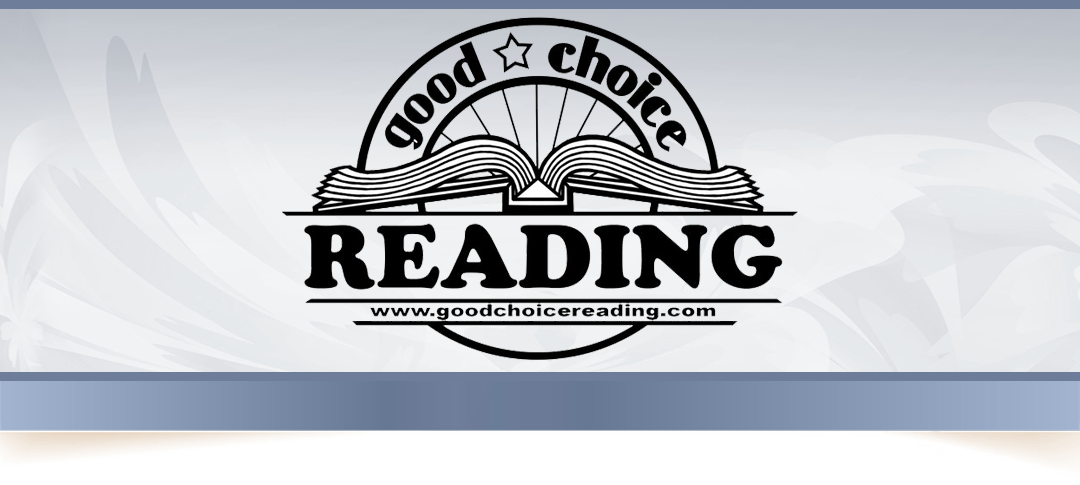In 1999, inspired by volunteer work with local schools, Dom Testa began writing what would become the beloved Galahad series. The first novel in the series, The Comet's Curse, burst onto the scene by winning an international grand prize from Writer's Digest Magazine and an EVVY Award for Best Young Adult Book. Published by the popular imprint Tor Teen, the Galahad series continues to garner critical acclaim and an adoring fan base of all ages.
His love of writing led Dom to work with students, and to the creation of his foundation, The Big Brain Club. Working in conjunction with The Big Brain Club, Dom helps teachers and parents learn how to better reach a generation that is increasingly ambivalent about the importance of reading and writing.
About Your Books
1. Tell us about the exact moment you came up with the idea for The Galahad Series.
2. What was the hardest scene to write in the series?
I
was fortunate enough to grow up during the Apollo glory days. Although I
was quite young (almost eight years old), I do remember watching Neil
Armstrong step out of the Eagle and onto the surface of the moon. After
that I was hooked. I remember writing to the Jet Propulsion Laboratory
and Johnson Space Center - and probably a few other NASA outlets, too -
and requesting posters and photos. And it was like Christmas when those
packages arrived! The walls of my bedroom at age 14 included posters of
the Beatles, along with posters of a Saturn V rocket and pictures from
the Viking mission to Mars. I was that kid.
4. Do you have a favorite sci-fi author? If so, who is it and why?
Pop
culture today has convinced students that the most important things in
the world are to be "hot," and to dumb down in order to fit in with the
so-called "cool crowd." I created The Big Brain Club to help students
recognize that Smart Is Cool. Way too many young adults dumb down during
late middle school and high school, and then have regrets that they
didn't prepare for life as well as they should have.
We
provide technology for schools and libraries (Smart Boards, iPads, iPod
Touches, etc.), and we also professionally publish the creative writing
of students. It's one way that we help students to become the best
version of themselves. All the info can be found at www.BigBrainClub.com.
6. Were you the nerd in school? Was your head always stuck in a book?
So, yeah, I was a
nerd, but it didn't keep me from doing the cool stuff and having lots of
fun. Again, pop culture tells kids that if you use your brain you have
to have Coke-bottle glasses, wear pants that are too short, have a skin
condition, and act like Napoleon Dynamite. Well, that's garbage. My
foundation is turning around the image of the smart kid.
I've
written a few articles that touch on this, including a blog post that
specifically addresses the issue. I'm convinced that it's very much a
subconscious thing for boys, because the vast majority of their reading
role models are female. SOME dads read to their kids, but in the
majority of homes it's the mom. Then, when the boys get to school,
chances are all of their elementary school teachers and librarians will
be women. Until they're about 12 or 13, practically everyone in a boy's
life associated with books is a woman.
We need
more fathers to encourage reading, and to read with their sons. Male
teachers in elementary school would be nice, too. But, according to
surveys, many male educators intentionally stay away from elementary
school out of fear of being unfairly labeled "a predator." That's not me
saying it, it's male teachers who say it. They would love to teach
young boys, but they live in a world that has them living in fear of
being suspected of some horrible behavior. How sad for all of us.
Random Tidbits
8. What advice would you have for future writers out there?
9. Are you writing any new novels right now? Can you give us any hints :)
I've also written two books for slightly younger kids (likely grades 3-5), and I'm editing them now.
I'm
also finishing a non-fiction title that deals with the issue I
discussed about education. It's called "Smart Is Cool," and it's
targeted to parents and educators. It covers the problem of students
dumbing down, and how to combat that tidal wave of ignorance.
This
is so difficult to answer. I've often said Harper Lee's classic, but
it's almost as if my favorite all-time book changes with my mood. On
some days I might wanna say Stephen King's "The Stand," and then other
days say Christopher Moore's "Lamb." Ha, talk about three books that
have NOTHING in common! And that's just the way I like it.
Dom's Site / Big Brain Club / Galahad Series / Facebook / Twitter / GoodReads / YouTube
RELEVANT LINKS
Dom's Site / Big Brain Club / Galahad Series / Facebook / Twitter / GoodReads / YouTube









I love Dom's books!
ReplyDeleteAnd it's great he's founded the Big Brain Club - I think it has so much to offer, and I agree with him, being a nerd isn't bad at all!:)